No matter how great an artist may be, there will always be projects that amble behind their best masterpieces. This list will both celebrate the highpoints and demonstrate the low points in Scorsese's extensive filmography as a director, producer, and at times, writer.
Many of the 'worst' entries of the list come from Scorsese's early career, but all included films are narrative feature films. His many documentaries and shorts do not apply, although Scorsese's work in these areas would be more likely to appear as his 'best' rather than his 'worst.' Nonetheless, here are Scorsese's five best and five worst films of all time.
10 Worst: Boxcar Bertha (1972) - 61
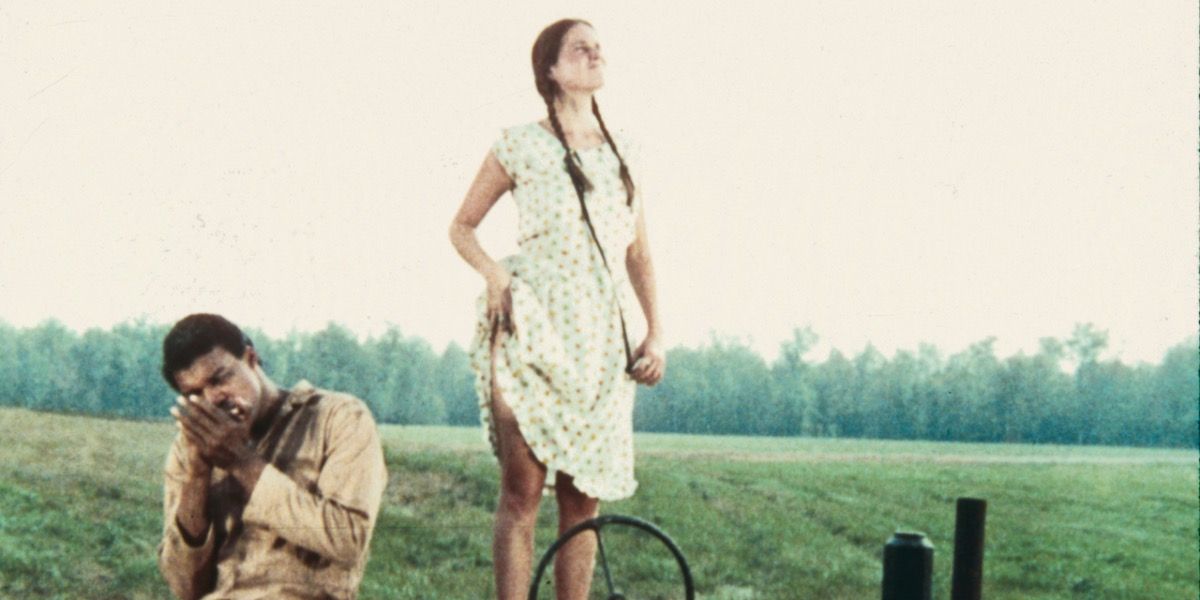
This 1972 film takes place during the Depression-era and follows Bertha and Bill as they embark on a life of train robbing. Although the period crime/drama didn't knock critics out of their seats, many writers at the time were able to find positives in Scorsese's cinematography and precision towards recreating the time period.
Boxcar Bertha was mostly critiqued for poor character-building as well as its lack of differentiation from other exploitation films of the period. Critics also weren't too crazy about the acting performances in the film.
9 Worst: Shutter Island (2010) - 63
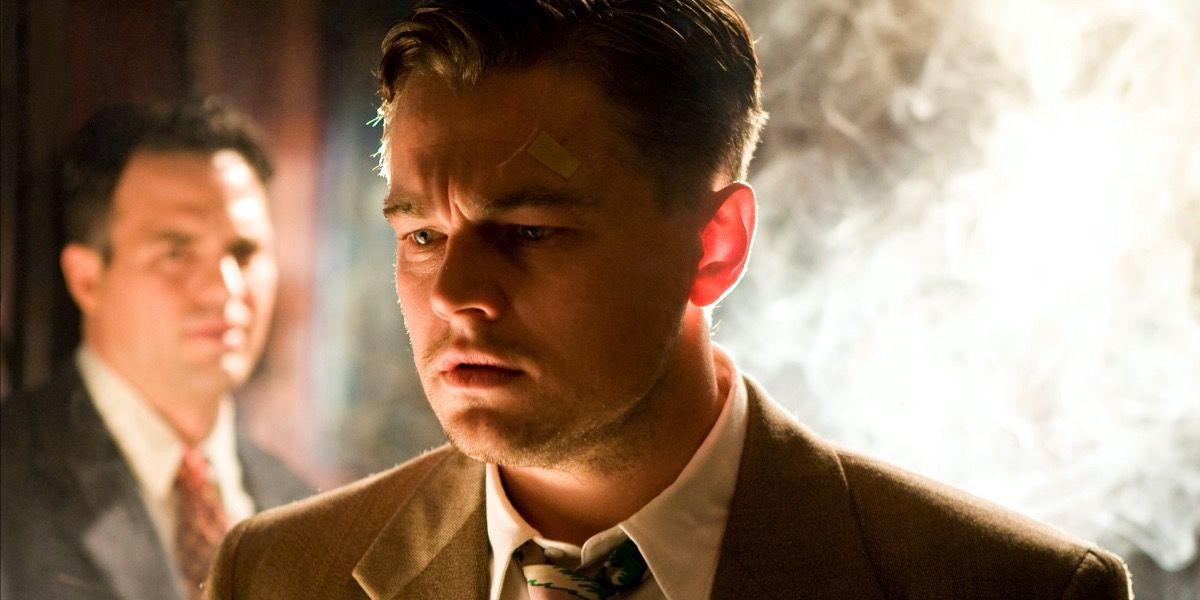
Shutter Island landing on the 'worst' side of things indicates the overall quality of Scorsese's body of work; even when Scorsese 'lets critics down,' he still produces alluring, hypnotic films. The DiCaprio led drama/mystery is no exception to high-expectations, and despite its shortcomings, it makes for a spellbinding watch.
The film is based on Dennis Lehane's novel of the same name, which was published in 2003. Shutter Island is one of several of Scorsese's films based on books, yet it has a far lower score than the others: Raging Bull and Casino. However, it would be an understatement to say it's difficult to compete with such classics.
8 Worst: Who's That Knocking at My Door? (1967) - 63
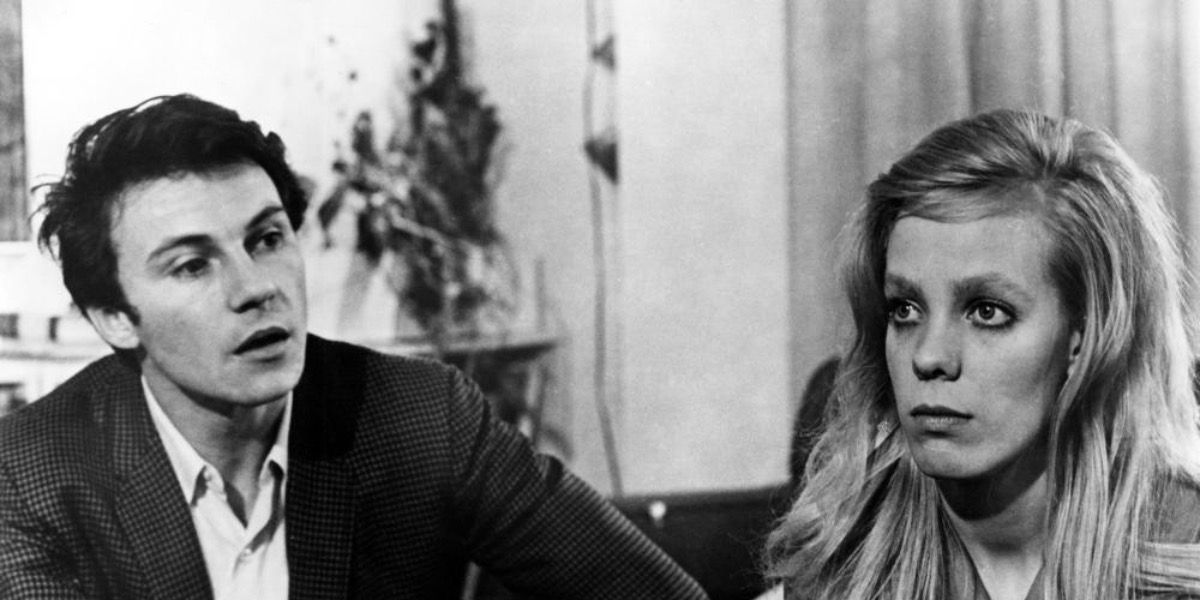
Scorsese's 1967 debut feature was a somewhat experimental black-and-white picture about a Catholic New York boy who strikes up a relationship with a secular, free-spirited young lady. The young director made the film with only a $75k budget — greatly contrasting with the $159m that went into making Irishman.
The veteran director climbed great heights after the somewhat 'floppy' release of his debut, which nonetheless drew the foundation for Scorsese's Mean Streets in the eyes of critics; everyone has to start somewhere.
7 Worst: New York, New York (1977) - 64
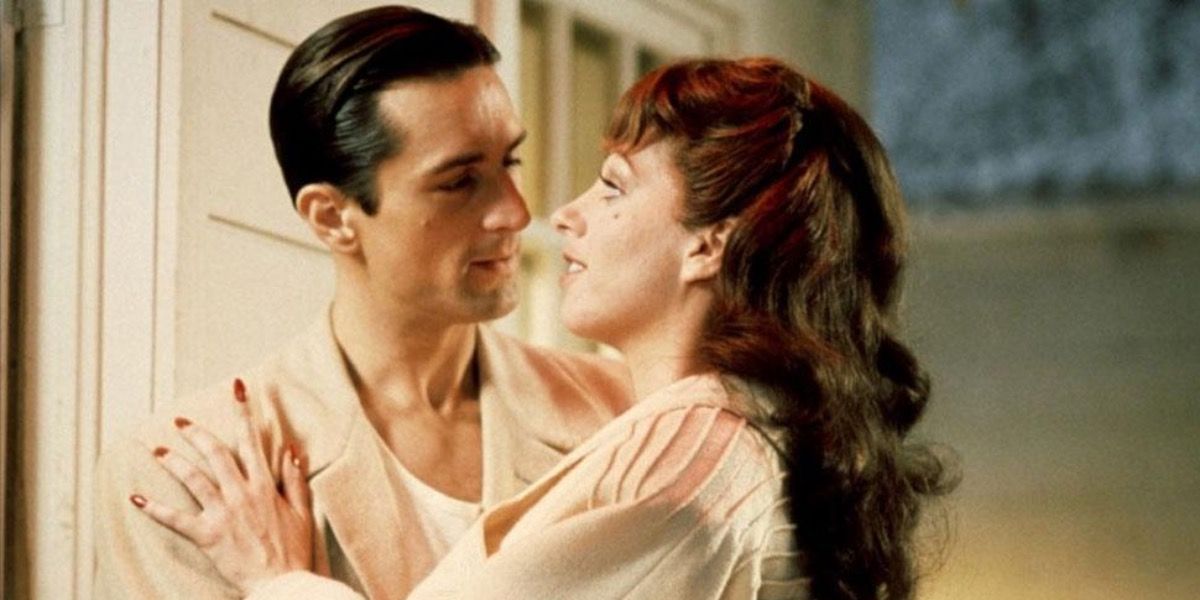
Scorsese followed up his grim and unpleasant portrayal of NYC in the '76 psychological thriller Taxi Driver with a musical the next year in the form of New York, New York. Seeking to paint a brighter, more positive-oriented image of NYC, Scorsese takes his audience back to a time of celebration following WWII.
De Niro stars in the film as Jimmy Doyle, a saxophonist who falls in love with a singer named Francine (Liza Minnelli) after they begin performing together. It seems critics at the time unanimously agreed that the film's title track was the most notable positive in an otherwise bland, unexciting ride.
6 Worst: Bringing Out The Dead (1999) - 70
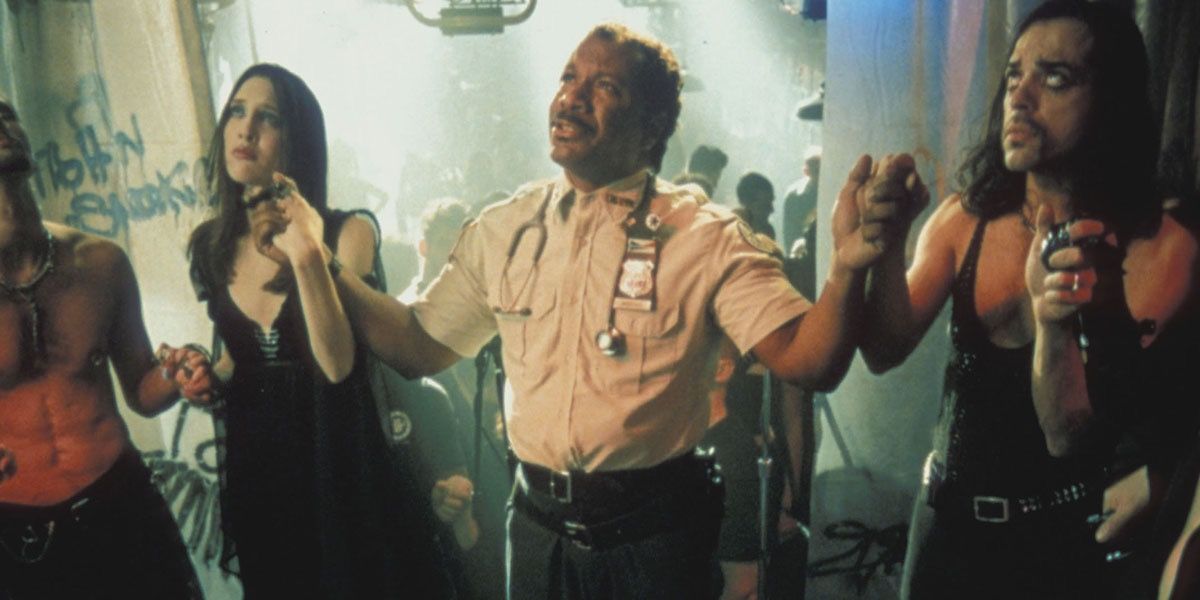
Bringing Out The Dead represents a major leap from the rest of Scorsese's 'worst' films with one of Nicolas Cage's top performances. The screenplay for this '99 psychological thriller was written by Paul Schrader, who wrote Scorsese's Taxi Driver and Raging Bull.
Don't sleep on this film because three masters in Cage, Scorsese, and Schrader, pull together to create this eerie, living-nightmare portrait of the mentally-disturbed paramedic, Frank Pierce. Although, Pierce's beacon of hope eventually arrives in the form of a victim's daughter, played by Patricia Arquette.
5 Best: The Age Of Innocence (1993) - 90
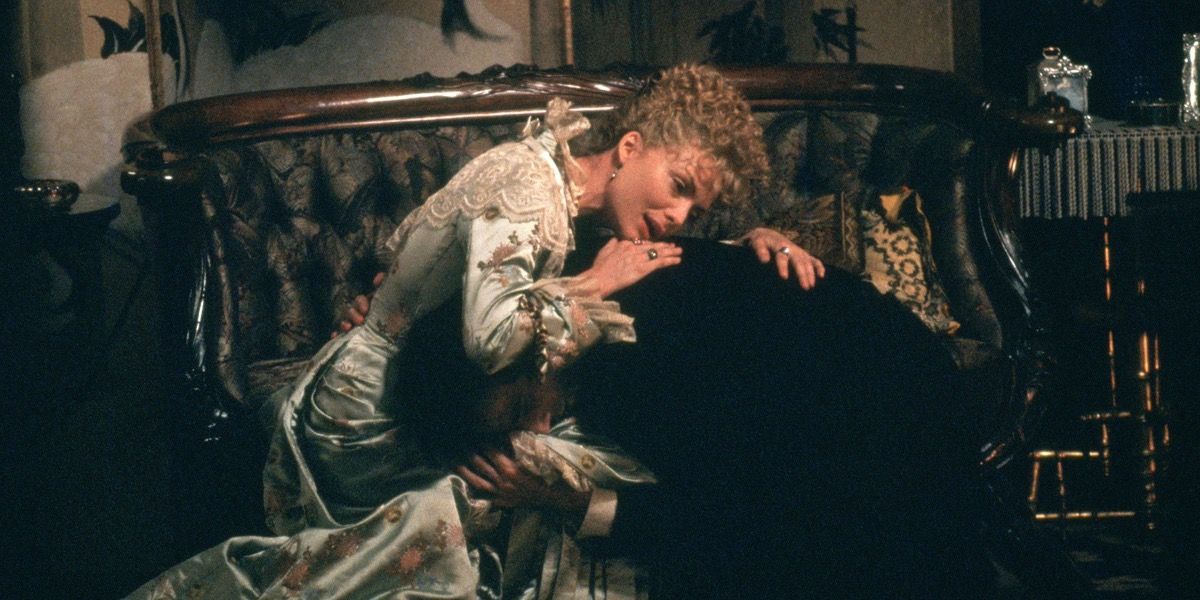
Frequenters of Scorsese's gangster infused crime/dramas may have missed this 1993 costume drama set in 1870s New York. The Age of Innocence may not be the casual Scorsese fan's cup-of-tea, but critics clamored for the film, mostly for its entrenching aesthetic and costume design.
Daniel Day-Lewis headed the cast of this romance/drama, which earned several nominations at the Academy Awards. Nevertheless, the film won just one award for Best Costume Design.
4 Best: Goodfellas (1990) - 90
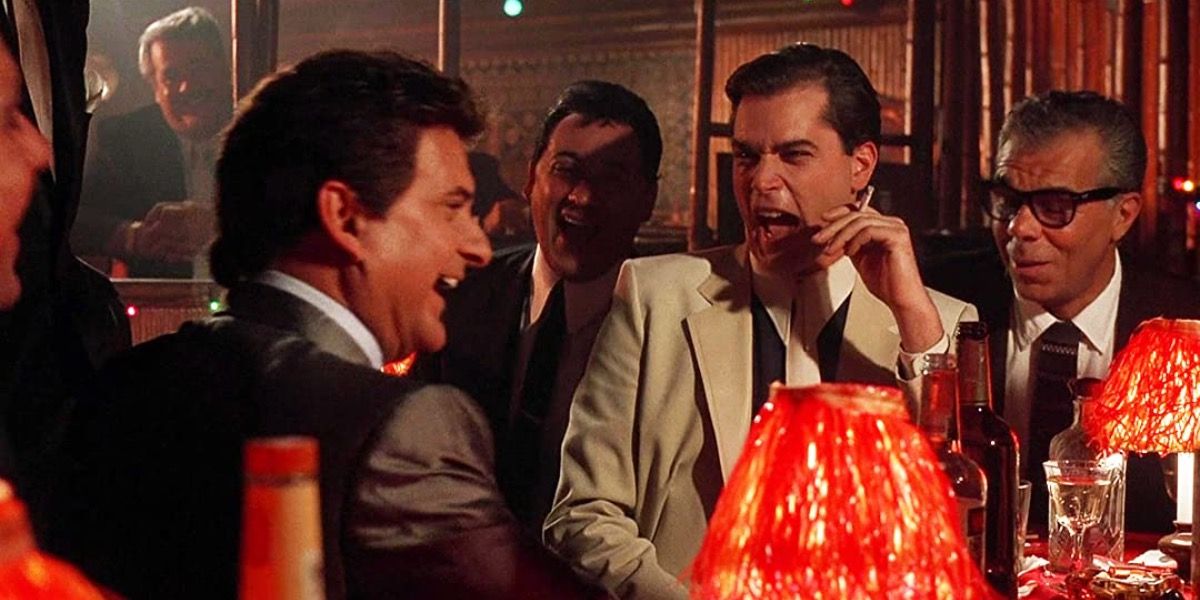
Many critics describe the 1990 gangster drama as the catalyst for Scorsese breaking out of the slump he was having in the 80s. The iconic film traces the rise-and-fall of the 'wiseguys' responsible for one of the largest heists in U.S. history.
Goodfellas is based on Henry Hill Jr.'s true story, which was originally told in Nicholas Pileggi's true crime book Wiseguy: Life in a Mafia Family. Of course, Scorsese's adaptation may blur the facts for entertainment's sake. Still, the film is a gritty, realistic portrait of the violence, control, and paranoia that comes with being a part of the mafia.
3 Best: The Irishman (2019) - 94
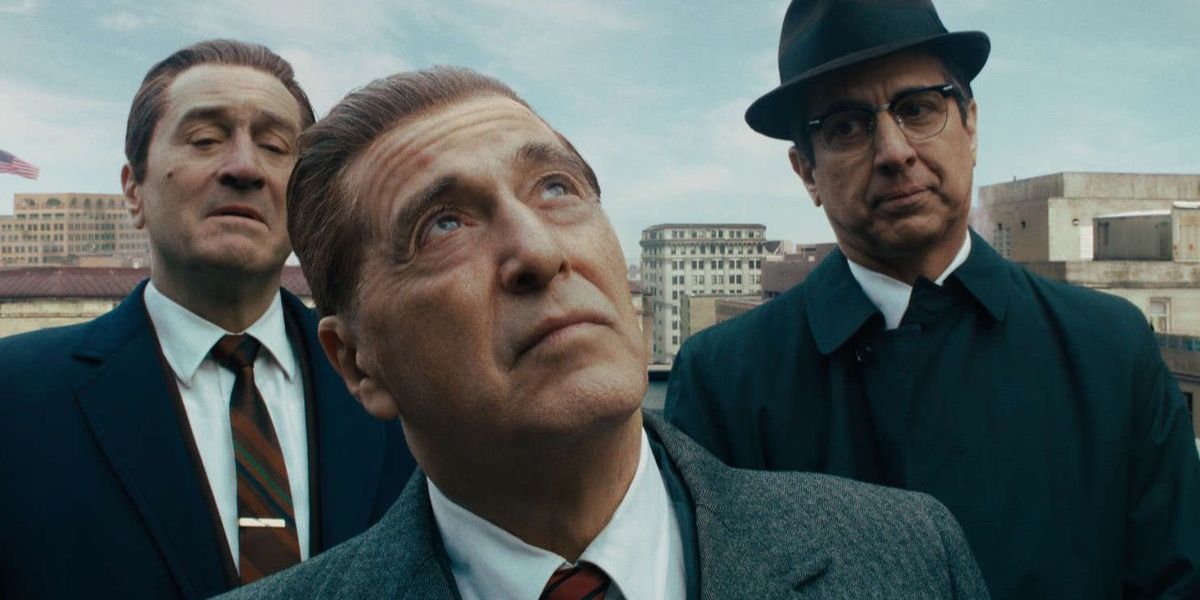
Scorsese's 2019 Netflix film experienced incredible success as a decade-spanning portrait of the man who provides the 'muscle,' Frank Sheeran. Most audiences were not faltered by the film's three-and-a-half-hour length, potentially due to the film's engaging cinematography, writing, set direction, along with many other glistening qualities.
Still, it is quite surprising to see Irishman held in higher regard than Scorsese's seemingly insurmountable works from the earlier part of his career. Is it possible this film received more acclaim than it should?
2 Best: Taxi Driver (1976) - 94
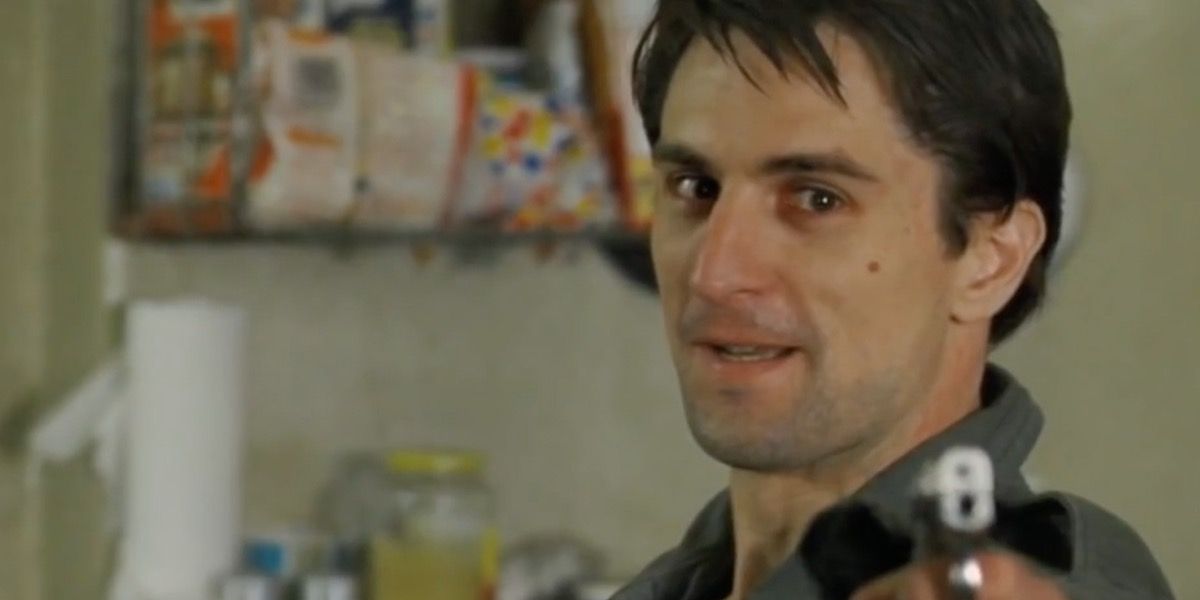
Taxi Driver is arguable Scorsese and De Niro's magnum opus despite its stiff competition. De Niro's classic utterance of "You talkin' to me?" has become an inseparable phrase from American cinema, and it is unclear whether another stand-alone scene will ever again have such a permanent impact.
Considering the utmost quality of Taxi Driver, it becomes confusing how Metacritic lists the film as a tie with Irishman. One could be suffering from a lack of hindsight when evaluating the newer film, but Irishman doesn't appear to have the same 'timelessness' as a movie like Taxi Driver.
1 Best: Mean Streets (1973) - 96
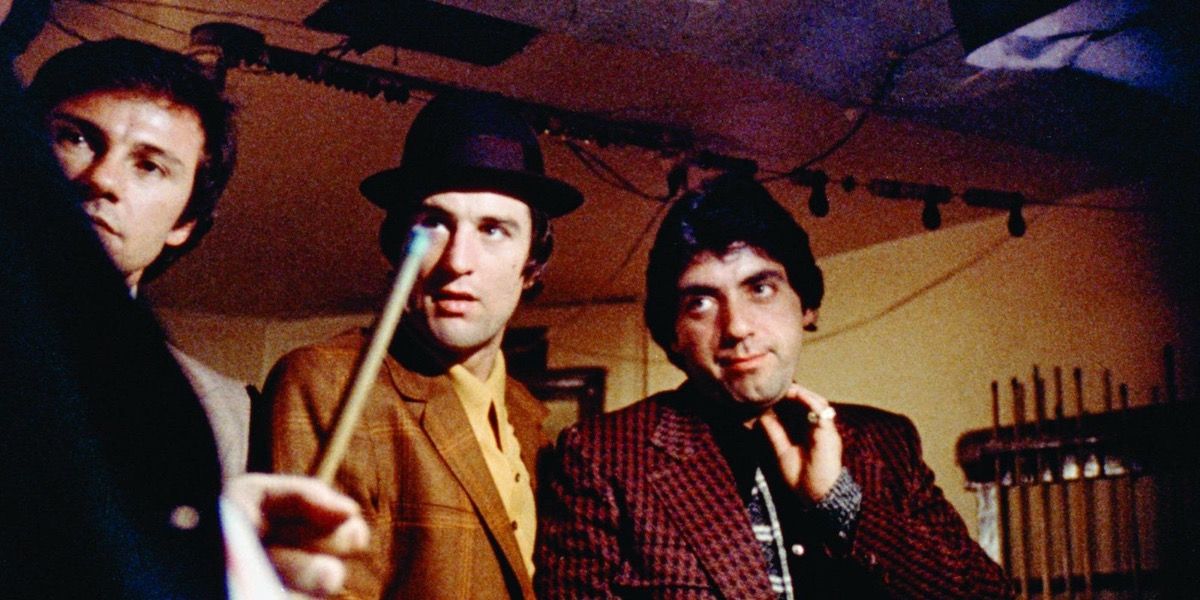
The '73 crime/drama was Scorsese's third narrative feature and was celebrated unanimously by critics. The director employed actors he'd worked with on his first two projects, but Mean Streets was the first film De Niro and Scorsese worked on together.
Thus, Mean Streets can be seen as the duo's quantum leap that led to all the prolific crime/dramas that followed, from Goodfellas to The Irishman. Mean Streets is almost on the same level as The Godfather in terms of pioneering the modern gangster film.
from ScreenRant - Feed https://ift.tt/3iHn6cJ
via IFTTT







0 comments:
Post a Comment